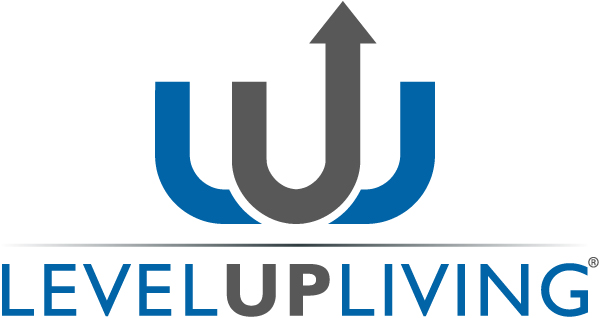Introduction: The Art of Decision-Making
Decision-making is a critical skill that impacts every aspect of our lives. Whether you’re leading a team, managing projects, or navigating personal challenges, the ability to make effective decisions is key to success.
Why Decision-Making Matters
Effective decision-making:
- Drives progress and innovation
- Impacts organizational success
- Enhances personal growth
Implementing Structured Reflection
Structured reflection is a powerful tool that can help you improve your decision-making process. Here’s how you can implement it:
- Allocate time for reflection
- Evaluate past decisions objectively
- Identify patterns and lessons learned
“Structured reflection is like a compass that guides you towards better decision-making.”
Actionable Tips for Better Decision-Making
- Define your goals clearly
- Consider all available information
- Seek input from others
Real-World Examples
Let’s look at some real-world examples of effective decision-making:
| Company | Decision |
|---|---|
| Company ABC | Implemented a new customer service strategy based on customer feedback |
| Startup XYZ | Chose to pivot their product offering after market research |
FAQ: Mastering Decision-Making Skills
Q: How can I improve my decision-making under pressure?
A: Practice mindfulness techniques to stay calm and focused during high-pressure situations.
Q: Is it better to make decisions quickly or take time to analyze?
A: It depends on the situation. For complex decisions, taking time to analyze is usually more effective.
Q: How do emotions influence decision-making?
A: Emotions can cloud judgment. It’s important to acknowledge emotions but not let them overshadow logic.
Q: What role does intuition play in decision-making?
A: Intuition can be a valuable tool, especially when based on experience and knowledge.
Q: How can I involve my team in the decision-making process?
A: Encourage open communication and solicit feedback from team members to foster a collaborative decision-making environment.
Q: What are common decision-making biases to watch out for?
A: Confirmation bias, anchoring bias, and overconfidence are common biases that can impact decision-making.
Q: How can I learn from past decision-making mistakes?
A: Conduct post-mortem analyses to identify areas for improvement and implement corrective actions.
Q: What tools can help streamline the decision-making process?
A: Decision matrix, SWOT analysis, and mind mapping are effective tools for structured decision-making.
Q: How can I cultivate a culture of data-driven decision-making?
A: Encourage data collection, analysis, and utilization to make informed decisions based on evidence.
Q: What are the benefits of seeking diverse perspectives in decision-making?
A: Diverse perspectives lead to innovative solutions, better risk assessment, and improved overall decision quality.
Conclusion
Mastering decision-making skills is a journey that requires continuous learning and improvement. By implementing structured reflection, seeking diverse perspectives, and leveraging actionable tips, you can enhance your decision-making prowess and drive success in all areas of your life.
